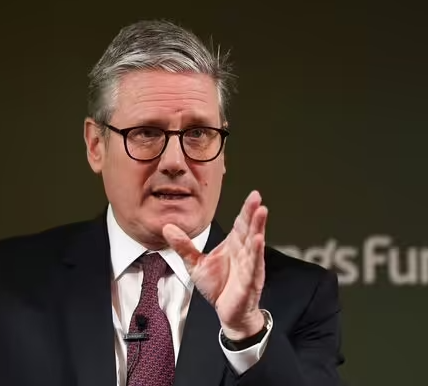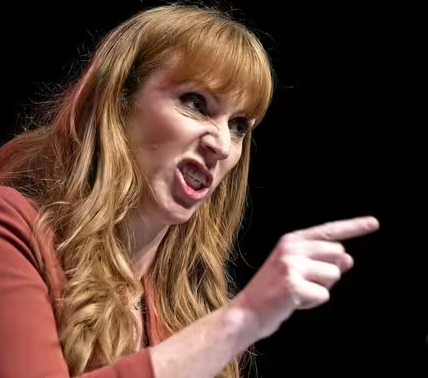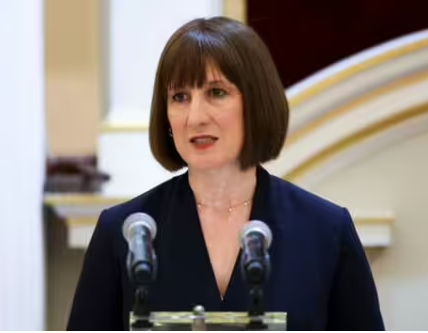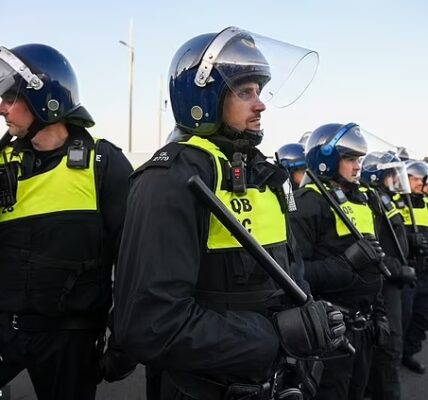“Right-Wing Outrage Over Labour’s Pay Deals: Why Public Opinion is Moving in a Different Direction”_l
As figures suggest risk of wage-price spiral is overblown, unions say they have public’s backing for settling of long-running dispute
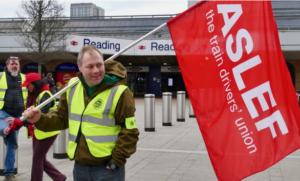
Labour caves in to unions. Fears of a wage-price spiral. Back to the 1970s and a new winter of discontent. The Conservative party and its friends in the media have been in full cry since the government made an offer to train drivers last week aimed at ending two years of disruption on the railways.
The rightwing press needed little prompting to claim that Britain is taking a step back into the “industrial anarchy” of the past and was eager to contrast the deal for the Aslef union with Rachel Reeves’s decision to means test the winter fuel allowance for pensioners. The level of outrage was further ratcheted up on Friday when Aslef announced plans for 22 days of strikes at weekends from late August to November on LNER trains.
Although the two disputes were entirely separate, the timing could hardly have been better as far as a badly beaten and demoralised Tory party was concerned. “Labour has been played by its union paymasters,” was the verdict of James Cleverly, the shadow home secretary and a contender to replace Rishi Sunak as party leader.
The problem for the Conservatives is that they tried this argument in the two years leading up to the general election, to no effect. Labour made no secret of its determination to bring an end to industrial action affecting the NHS, to repeal a 2016 law making it harder to strike, to scrap plans for minimum service levels for public sector workers, and to announce plans for a new deal for workers
As Paul Nowak, the general secretary of the Trades Union Congress, says: “There was overwhelming public support across the political spectrum for the new deal for workers. Trying to whip up a ‘them and us’ split between unions and the public is not going to work.”
Nowak says there is also firm public backing for settling long-running disputes and that it is unlikely the public would buy the line that under Labour Britain was in for a second winter of discontent, pointing out: “We have just had the biggest wave of industrial action in a generation.”
Reasons for public support for unions are not hard to find. The waiting list for NHS treatments has risen to 7.6 million, resulting in more people being unfit for work. The real level of wages is barely any higher now than it was 15 years ago, a period in which low-paid, insecure work has increased. There is sympathy – and respect – for unions seeking to protect the living standards of their members during the recent cost of living crisis.
What is more, official figures suggest that risks of a wage-price spiral are overblown. Pay settlements have been falling back as inflation has fallen from a peak of 11.1% to 2.2%. Andrew Bailey, the governor of the Bank of England, has dismissed Tory claims that awards to public sector workers will be inflationary and lead to higher interest rates.
Unions are not as strong as they were in the 1970s, and Labour’s planned changes to employment law redress only part of the power imbalance in favour of employers. At the time of the original winter of discontent in 1978-79, just over half the UK workforce was unionised, a figure that has dropped to just over 22%. Today only one in eight workers in the private sector are in a union.

Labour has been careful to consult with business over its planned changes to employment law, including day-one rights for workers and clamping down on zero-hours contracts. Changes are being phased in, but even when fully implemented will leave untouched the bulk of the anti-trade union legislation introduced by Conservative governments in the 1980s and 1990s.

